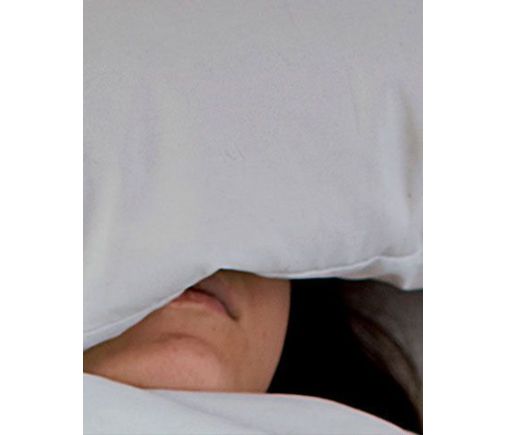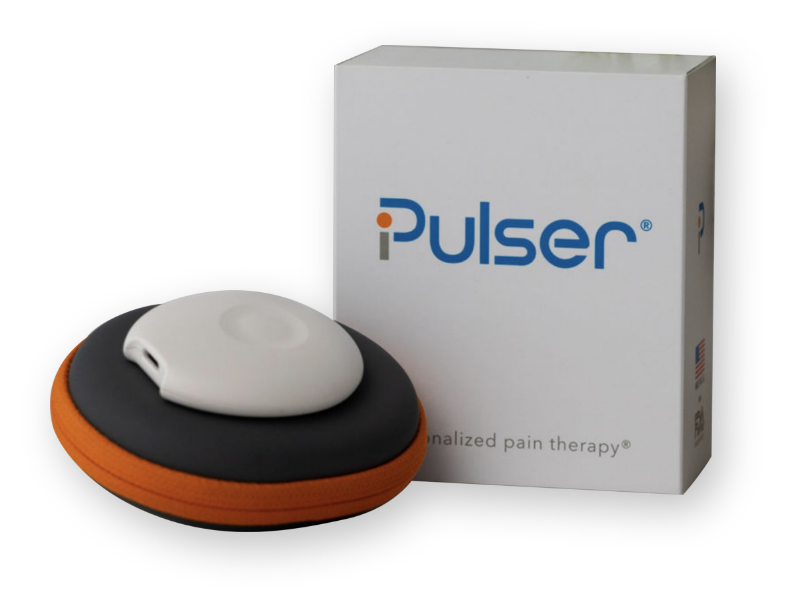Your body is hurting and has been for days. You can barely get out of bed from the pain, but you are also not getting any sleep from the pain. You are miserable and just want relief in any way you can get it. This is a common scenario for millions of people daily. Pain and sleep become a deeply connected cycle. Pain can affect your ability to sleep, and lack of sleep can make the pain worse. So what can you do?
How Does Lack of Sleep Affect Pain?
One of the biggest questions doctors are often asked is why lack of sleep affects pain? Poor sleep habits can intensify our sensitivity to pain in the body. If you sleep poorly, then chances are the next day, your pain will be worse. If you are dealing with chronic pain, you may notice that it is worse at night. You may have a flare-up or have pain provoked by certain sleeping habits. Pain can also cause you to wake up frequently during the night making you restless at times.
Does Lack of Sleep Cause Body Pain?
Lack of sleep can make your body pain worse, and this can be due to many reasons. Some of the reasons include poor sleep can decrease your pain tolerance, increase the intensity of your pain and increase your chance for chronic pain.
Lack of sleep can also cause inflammation in the body, resulting in muscle aches and pains, causing you more pain.
Does Lack of Sleep Cause Inflammation?
As we mentioned above, lack of sleep can cause inflammation in your body. Losing even a few hours of sleep each night can prompt your immune system to turn against healthy tissue and organs. This can trigger pathways that produce tissue-damaging inflammation, according to research. One night of poor sleep can affect the pro-inflammatory process in the body. It does not take weeks or months for this to happen.
How Does Sleep Reduce Inflammation?
If you are looking to reduce inflammation while you sleep, it is important to get a good night's sleep. This can include not sleeping too much. A good night's sleep should be between 7-9 hours of deep REM cycles. You could try making your room cool and dark to get better sleep. Also, try going to bed simultaneously and waking up at the same time every day. This can help your sleep pattern, and in turn, help reduce inflammation.
Does Pain Go Away When You Sleep?
If you are always in pain, you may be wondering if it goes away while you are asleep. Many people's pain does not go away when they sleep; it is simply under control. You may be putting less pressure on the part of the body that is in pain while also giving your muscles a little time to relax.
How Do You Fall Asleep With Severe Pain?
Severe pain and lack of sleep are unhealthy combinations, so what can you do to make sure you sleep? Trying some relaxation techniques such as breathing meditation to imagine being calm and peaceful may help. You could also try shifting positions to something more comfortable and taking pain medication right before bed.
If pain is waking you during the middle of the night and those techniques are not helping, you may consider getting up to read in a quiet room with low light. Avoid using a TV, cellphone, tablet, or computer as these loud sounds, and bright lights can wake you.
Staying on a regular sleep schedule will also help you. No matter how much sleep you get the night before, always try to wake at the same time. This can help set your internal alarm clock.
Something else you may want to try is avoiding sugary, fatty, and heavy foods before bed. This can include caffeine and coffee four hours before bed.
Our last tip is to reduce the light, noise, and temperature in your bedroom. Your body sleeps better when it is cool and dark. You can try adding room darkening curtains, a noise machine, or a small fan if needed.
What Are Signs Of Sleep Deprivation?
If you are experiencing a hard time sleeping and it has been going on for several nights or weeks, you may start to show signs of sleep deprivation. Sleep deprivation is when you do not get the proper sleep you need, and one-third of American adults are affected. The appropriate amount of sleep for most adults is 7 to 9 hours of sleep each night. If you are getting less than this, you could suffer from sleep deprivation.
So what are the signs that you are suffering? These can include:
- Excessive daytime sleepiness
- Reduced concentration
- Slower thinking
- Lack of energy
- Poor or risky decision-making
- Stress
- Anxiety
- Irritability
Some may suffer from several of these symptoms, while other people may only experience one or two. If it becomes a pattern, it is time to do something about your sleep. Sleep deprivation can also cause health problems and can raise your risk of unintentional errors and accidents.
What Health Problems Does Sleep Deprivation Cause?
When it comes to your health, not getting enough sleep can cause a range of problems. Lack of sleep leads to increased cortisol production. Cortisol is the stress hormone created by your body to deal with flight or fight situations. With sleep deprivation, this hormone releases throughout the body and overtime causes damage. As a result you may experience an increased risk for cardiovascular disease, including high blood pressure, coronary heart disease, heart attack, and stroke. It can also increase your chance of diabetes as the body's ability to regulate blood sugar is affected.
Reducing your stress can help you sleep better. This is much easier said than done. Incorporating a healthy diet and exercise plan can help decrease stress levels in the body. Many people find relief from practicing things like yoga or meditation. Limiting stressful stimuli like unhealthy relationships, over commitments, and developing healthy boundaries are effective at reducing stress. Working on one thing at a time will help lower your stress levels causing you to get more rest at night.
Medications to Help Pain and Induce Sleep
If you want medications that can help your pain level and help you sleep, you are not alone. Some over-the-counter meds that may help include aspirin, ibuprofen, and Tylenol. If you need something more substantial, you may want to talk to your doctor about prescription medications that could help you.
There are several alternative approaches you may want to consider before taking prescription strength drugs. As mentioned earlier, some people find relief from stress by introducing diet changes and an exercise plan. Exercises like yoga and meditation not only relieve stress but can reduce pain symptoms. Acupuncture and massage have many known pain relieving benefits as well. They both increase blood flow to areas of the body which heightens cell repair and regeneration. Neurotransmitter therapy, chiropractic care, and cupping therapy are often used to help treat injuries that won’t go away on their own.
Lack of sleep and pain are closely related. Sleep deprivation increases your risks of developing disease, mental health issues, and lowers your pain tolerance. Without proper rest your body is unable to rebuild and heal in ways it is designed to. By trying some of these helpful suggestions you may relieve some of your pain symptoms enough to get the rest your body needs.
Resources:
https://www.healthline.com/health/tips-for-ending-sleep-pain-depression-cycle
https://www.medicalnewstoday.com/articles/319985
https://www.sciencedaily.com/releases/2008/09/080902075211.htm
https://theeverygirl.com/reduce-inflammation/
https://www.medicalnewstoday.com/articles/324316
https://www.iowaclinic.com/sleep-center-west-lakes/how-to-get-better-sleep-when-youre-in-pain/ https://www.sleepfoundation.org/sleep-deprivation#:~:text=The%20primary%20signs%20and%20symptoms,hallmark%20signs%20of%20sleep%20deprivation.
https://www.webmd.com/sleep-disorders/aches-pain-disrupt-sleep-medication-chart







